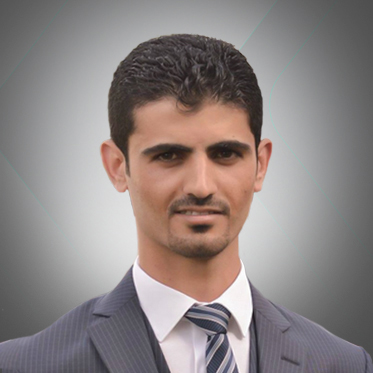KRG calls for unity in combating corruption in the Kurdistan Region
.jpg)
ERBIL, Kurdistan Region (Kurdistan 24) – The Kurdistan Region’s Integrity Commission on Sunday said one of the primary solutions to the current crises in the Region was reform, also revealing the number of corruption cases currently under investigation.
During a press conference in Erbil, Ahmed Anwar, Head of the Kurdistan Region’s Integrity Commission, said reform efforts could resolve the crises in Kurdistan, calling on all government institutions to coordinate and collaborate on the matter.
“Reform is one of the main solutions to the current economic and financial crises facing the Kurdistan Region,” Anwar explained.
“Reform can be implemented through coordination and collaboration between all government entities as the matter needs a consensus,” he added.
Anwar noted that the Integrity Commission had sent its recommendations to the Kurdistan Regional Government (KRG) for the establishment of a high committee to supervise the process of a strategic reform, noting that such a panel would “greatly serve the reform process.”
Regarding anti-corruption efforts, he said 197 cases were under investigation, and court dates were set for another 178 cases.
“During this year, 123 cases were sent to the court where 39 of them had been finalized and convictions handed down,” he stated.
Anwar explained that in the past two years, the KRG and Kurdistan Presidency had made efforts to combat corruption, but the progress has been slow.
On Sunday, KRG Deputy Prime Minister Qubad Talabani visited the Integrity Commission’s office and praised the institution’s work in combating corruption, stating that “anti-corruption efforts in the Kurdistan Region, despite its slow pace, are better than in Iraq.”
Talabani stressed that combating corruption required a “joint effort from the government, parliament, and political parties.”
Editing by Karzan Sulaivany
